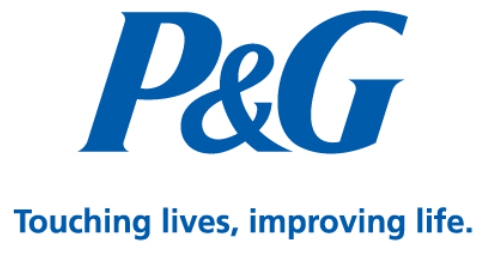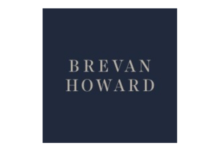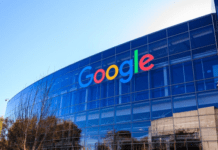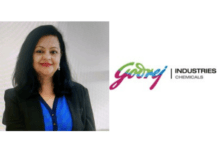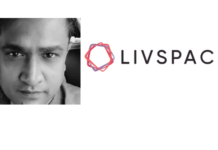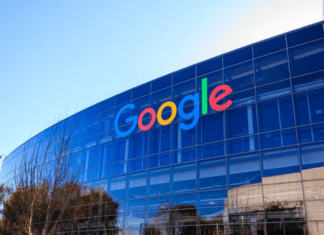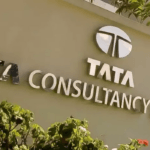Procter & Gamble recently announced a series of measures to encourage gender equality across the Indian subcontinent, the Middle East and Africa.
In an endeavour to encourage gender equality, the global FMCG player, Procter & Gamble, recently announced a series of measures across the Indian subcontinent, the Middle East and Africa regions. In line with that, it stated that it will continue to reveal gender bias and spark conversations through brand advertising campaigns and encourage the wider advertising industry to do the same.
The company announced the same during a meeting of the United Nations Secretary-General’s high-level panel (HLP) on Women’s Economic Empowerment, held for the first time in the Middle East and hosted by the UAE Gender Balance Council.
As part of its commitment to gender equality, which is in line with the United Nations Sustainable Development Goal #5— to achieve gender equality and empower all women and girls globally— P&G will undertake initiatives in four key areas for 2017, in partnership with the UN Women and other women-empowerment organisations.
While on one hand P&G will expand its supplier development and sourcing from women-owned businesses in supply chains across the world, including the Indian subcontinent, the Middle East and Africa, it will also extend programmes to keep girls in school in India, Kenya, Nigeria, South Africa and Tanzania. It is also working with NGO partners on the ground to empower women and girls impacted by the Syrian refugee crisis to realise their potential.
Consistently working towards improving gender equality, P&G India hires 50 per cent women into entry-level management roles and they get promoted into various assignments at the same progression as men.
In India, P&G has been working with young girls in various groups across the country to understand their needs in the areas of health and hygiene, personality development, and so on. The company’s flagship Mother Daughter Menstrual Hygiene Programme has been successfully running across the country since 1995. Today, P&G runs this programme with the active support of 20,000 schools, to educate about 4.5 million adolescent girls annually on the importance of menstrual hygiene.
Through such initiatives and more, P&G has been sparking conversations and motivating change in brand advertising campaigns across the world, with an increased focus on the Indian subcontinent, the Middle East and Africa.
In a first for the FMCG industry in India, P&G’s Hyderabad plant was one of the first to have 30 per cent women in the workforce. What is unique is that these women employees are not just limited to peripheral tasks, but work across all shifts and operate manufacturing equipment too. In order to accomplish this, they collaborated with the government and got legal approval to allow women to work across shifts.
Even across the middle-eastern market, P&G was the first consumer goods company with a licence to employ women in the Kingdom of Saudi Arabia (KSA). It now employs 15 per cent women managers in KSA across all commercial disciplines including finance, HR, sales and marketing. Also, in the US, P&G has integrated women-owned businesses into its sourcing supply chain. In its last fiscal year, the company spent $1.1 billion on women-owned businesses, and importantly, the majority of this spend was direct.
Value our content... contribute towards our growth. Even a small contribution a month would be of great help for us.
Since eight years, we have been serving the industry through daily news and stories. Our content is free for all and we plan to keep it that way.
Support HRKatha. Pay Here (All it takes is a minute)





